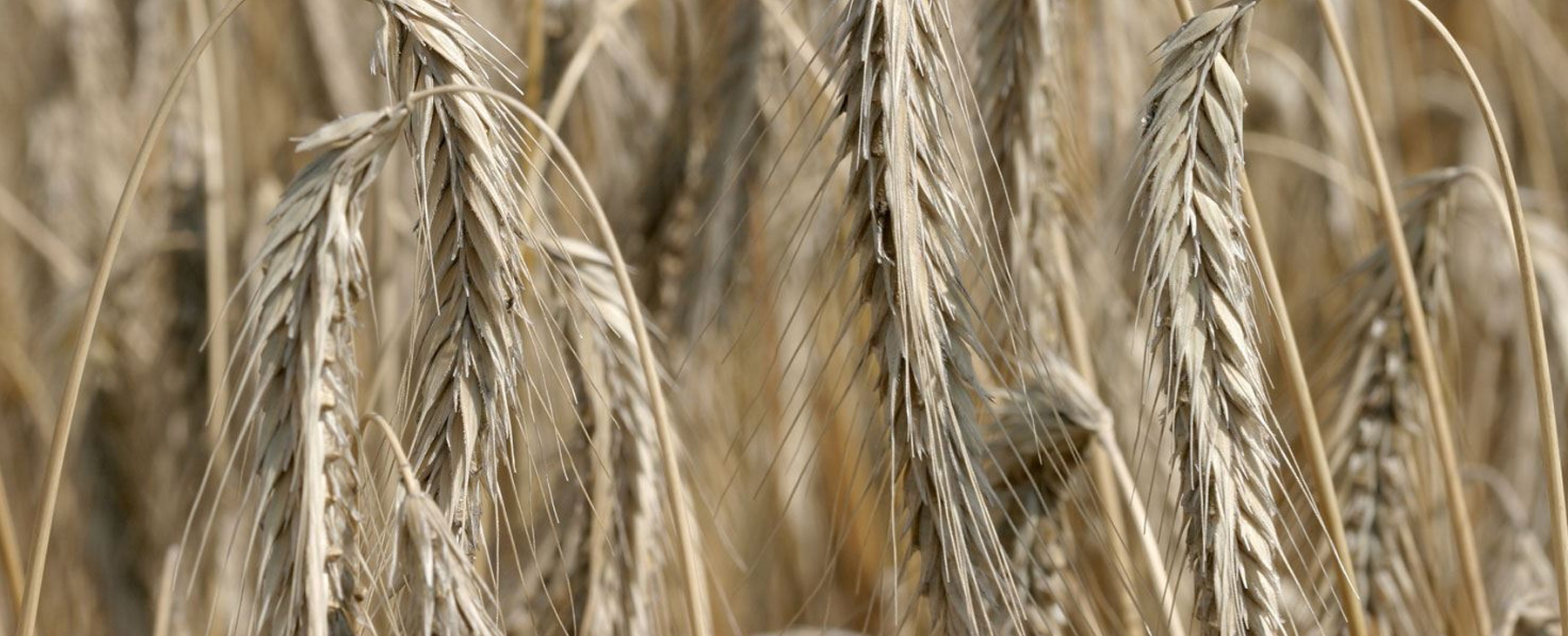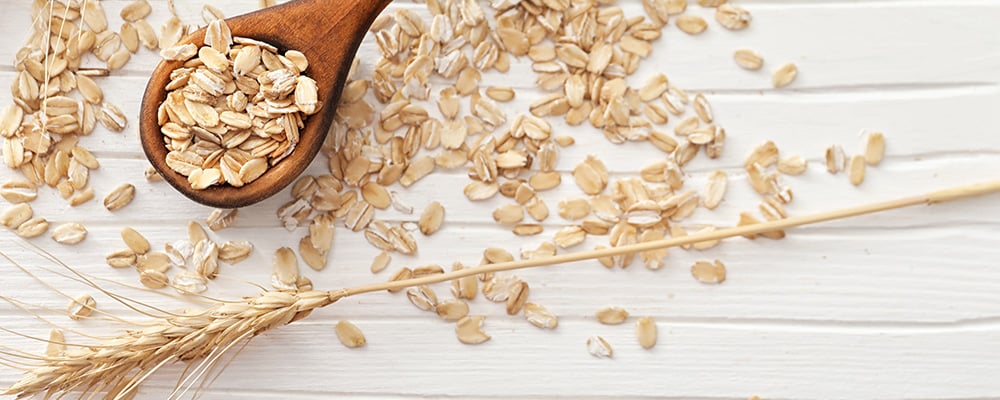
2 minute read
Sustainability
2 minute read
SustainabilityLantmännen Research & Development is co-sponsoring university studies of a group of bioactive substances in rye. Benzoxazinoids – BX for short – could be a source of multiple health benefits, alongside the vitamins, minerals, protein and fibre that are already well-known rye nutrients.
Scientists at Aarhus University in Denmark first discovered the presence of BX in rye in 2010. A study completed in 2015 found indications that BX compounds act in an antimicrobial manner. This points to a possible role in immune regulation.
Another three-year research project is underway to determine if BX is the bioactive component in rye that influences early-stage prostate cancer. The potential beneficial effect of whole grain rye on prostate cancer has been documented in previous studies.
Studies of BX in rye are still quite new. In time, documentation of the compounds’ effect could lead to further health claims associated with the whole grain.
So far, the European Food Safety Authority has recognised the contribution of rye fibre to normal bowel function. Studies at Lantmännen have also shown that the consumption of rye bread and porridge is associated with increased satiety.
Before a satiety health claim can be made, further studies must document a long-term effect of rye consumption on weight or fat reduction.
Lantmännen is a business partner of the EAT Initiative, an international consortium of government, universities and research institutions, foundations, NGOs and businesses.
The vision is to transform the global food system to provide a healthy population of nine billion people with sustainable nourishment by mid-century.

2 minute read

3 minute read

3 minute read
Tips & tricks for your specific industry and more